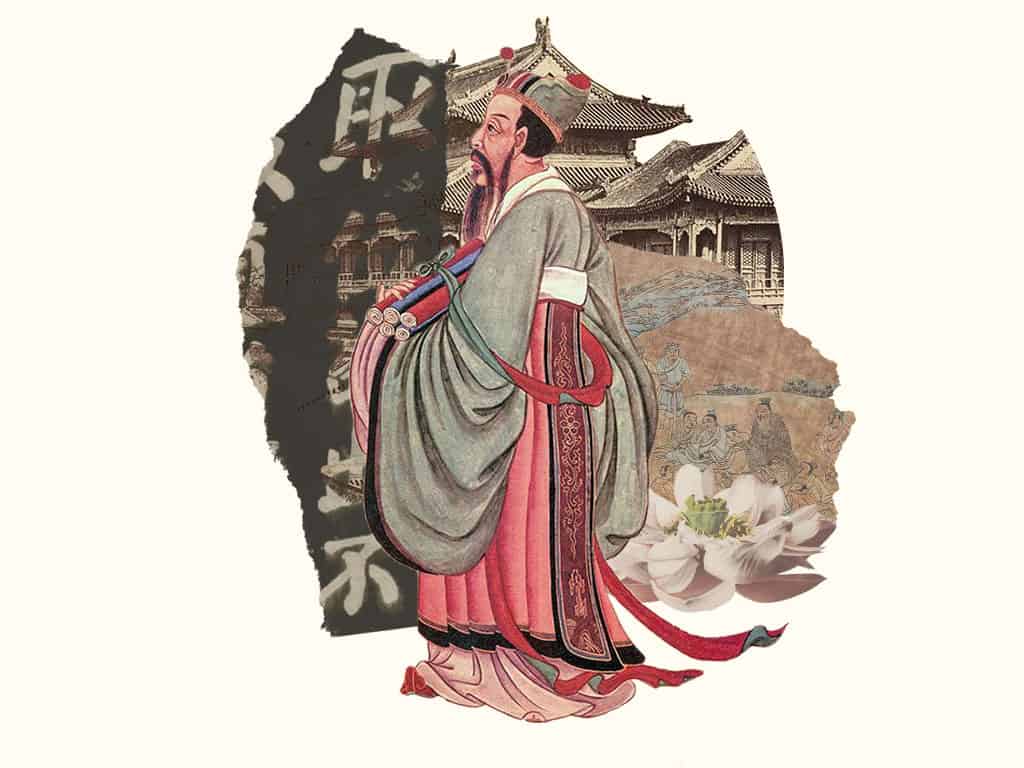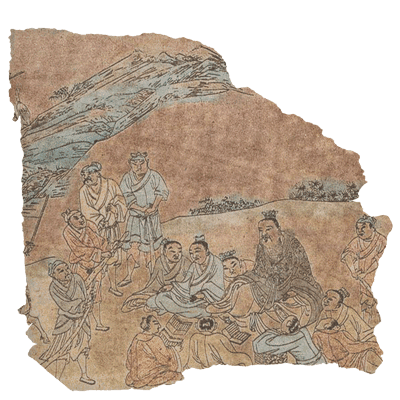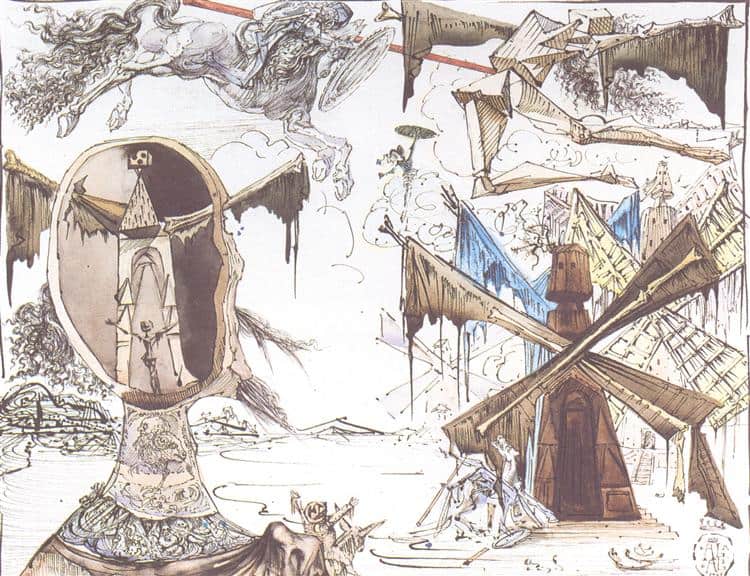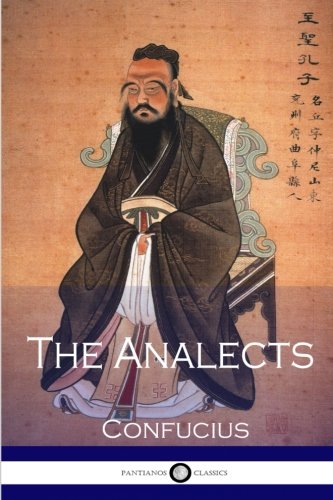Ji Wenzi always pondered thrice before acting. The Master heard of this and said, “Twice is enough
Confucius

The Analects consists of 500 passages divided into twenty “books” revealing Confucius’ views on morality, ritual propriety, family virtues and the ideal society and governmen
The Analects or the “brief sayings of Confucius” is a collection of short statements, dialogues, and historical anecdotes, that were compiled by generations of Confucius disciples after his death. Confucius was a Chinese wanderer, poet and a philosopher who lived in sixth century BCE and wandered from one Chinese feudal state to another with his disciples seeking patronage. Although he was a well-respected teacher or “Master” in Chinese tradition, unfortunately never found a permanent benefactor. The Analects consists of 500 passages divided into twenty “books” revealing Confucius’ views on morality, ritual propriety, family virtues and the ideal society and government. The text also reflects on how to govern and who is fit to govern. The conversations between Confucius and his disciples also reflect on historical events and provide morale and political lessons from them. It is considered one of the greatest works of Chinese philosophy and is deeply integrated into China’s cultural and political life.
Why This Text is Transformative?
First-year students who also face climate, moral or social crises can reflect on the text and come to their own conclusions about an ideal society and government.
Analects is about morality, and introduces students to the Confucian way or, path. While students may not choose to agree with Confucius understanding of morality and social hierarchical relationships, it is in this disagreement and dialogue that lies the essence of Analects. It is important that students can connect with the text and can reflect on it through their experience. Confucius lived in a period of acute political and cultural crisis, and this is reflected in the text. First-year students who also face climate, moral or social crises can reflect on the text and come to their own conclusions about an ideal society and government.
A Focused Selection
Study Questions

Consider reading Book II and III for two class lectures.
1) What do you think Confucius means when he says–“When I was fifteen, I set my heart on learning. At thirty I took my stand. At forty I was without confusion. At fifty I knew the command of Tian. At sixty I heard it with a complaint ear. At seventy I follow the desires of my heart and do not overstep the bounds.”?
2) Reflect on Confucius’ instruction about filiality, and treating one’s parents?
3) Confucius maintains that parents should never be disobeyed, do you agree with him? What would you consider disobeying parents? Under what circumstances do you think it would be acceptable to disobey your parents? What does disobey means to you?
4) What does Confucius define music?
5) How does Confucius distinguish between the Shao and Wu music? Can you think of music or songs that are “thoroughly beautiful, but not thoroughly good.”?
Building Bridges
A Recommended Pairing

Consider pairing Analects with Plato’s Cave
Supplemental Resources

Don Quixote and the Windmills, 1945 - Salvador Dali - WikiArt.org
Don Quixote has been an inspiration for many visual artists. Spanish surrealist Salvador Dali returned to the novel multiple times throughout his long career, creating sketches, paintings, and sculptures of Don Quixote and Sancho, depicting important episodes in the book. A pairing of an episode with one of Dali’s works can lead to a stimulating discussion.
What details do students notice? What do his artistic choices suggest about his interpretation of the characters? To the extent that students are familiar with the story of Don Quixote, it is likely to be as it is filtered through the musical The Man of La Mancha. The musical has its own merits, and is framed by the interesting device of placing Cervantes on stage as a narrator, but of course it is impossible for it to capture much of the complexity of the book – and it alters the ending dramatically. Students may find it interesting to compare the two endings.
Text Mapping
Discipline Mapping
English/Composition Studies
History
Philosophy & Religion
Page Contributor




